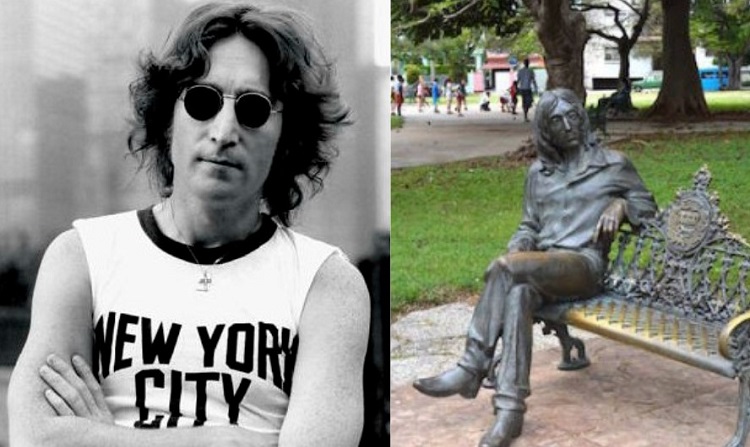The future of the company today it can be perceived with a more humanist look, not as a criticism, but in a very positive aspect, says Alejandro Moreno, general director and professor at Inalde Business School.
He also told Portfolio about his book ‘Towards a humanist free market’ and how with the dialogue with different figures of the Colombian business world today it is possible to understand the sector with a look of sensitivity and dignity.
(See: Cementos Argos exceeded 20% of its sales in September).
What is the objective of the book?
It has three parts to what I consider a humanistic free market: purpose-driven organizations, leadership style, and conscious capitalism. It carries a ‘free market’ in its name, because it is where people trade according to their desires, desires, powers and capacities. I imagine a humanist free market in the sense that it will not be just capitalism. Capital and work are the two key factors to make a company, but it is not just about capital, that is why I like the humanist free market more. The book takes a first-person dialogue tour as Inalde’s general director with different managers, businessmen, union leaders, among others.
What is the humanist free market?
I am convinced that an economy that does not have freedom ahead of it is not sustainable because it will never be ethical. I wanted to emphasize the free market, because a society in which you cannot decide is unsustainable, because sooner or later the people are going to rebel or people are going to live completely dissatisfied.
(See: This is how companies in Colombia would have fared in the third quarter).
A company is a community of people that makes the company possible beyond the capital, which is also needed. After all, what makes the company possible is work. So that mix between capital and labor, of what I think will be the evolution of that humanist free market, is very important. Without a doubt, ownership of the company’s assets adds up, but also those human lives that give their souls to the company.
What are the lessons for society and business?
From a dialogue of reflections and learning with business leaders, a first lesson is that the country’s leaders are people who always seek the common good. One of the realities is that from different perspectives, many times the businessman in Colombia has lived very hidden for security reasons. This is a book that humanizes and approaches that vision.
A second issue is that if a company does not have a purpose that attracts people in the long term, it will lack talent or it will be a place where, in the end, people will not want to work. Purpose is what moves people to act. The deepest are those that have to do with service and the common good.
Alejandro Moreno CEO of Inalde Business School,
courtesy
The third lesson is the importance of leadership style, leaders who are more humane, fragile, but who are also more compassionate and are called to last over time. I believe that society is seeing that capital is becoming less and less scarce and what is really becoming difficult to do business is not access to capital markets, but talent. Today it is a very big challenge.
(See: Colombian companies have more costs to attract capital).
How can it be applied in Colombia?
Colombia is a wonderful breeding ground because it has important economic differences. We have many unsatisfied basic needs, in a country where there is poverty, humanism has a much more direct place and is much more important than virtues in a country where things are still under construction. I think it’s going well because it’s a country that claims.
Why should business leaders come to such humanism?
Humanity in entrepreneurs today is different, before we talked about patterns. The economic history of humanity is a change in ways of relating, a boss of a large estate behaved in a very different way from what a boss of a large corporation behaves today. We have a very different level of consideration realities. The business world is on its way to that, it is becoming increasingly clear. However, we lack a lot of humanism.
What reflections can society have regarding these humanist leaders?
Society as a collective can demand greater public participation and political control from the employer. Entrepreneurs not only have a role in generating wealth, but like any citizen in building the country. The relevance of an entrepreneur is enormous, but it is not only through the generation of jobs, but also to start dating, to build dialogue.
What changes do business schools need today?
One role is to better study the assumptions under which we pose theories of human action. I think what the post-pandemic is showing is that capital does not make sense, because human beings move for reasons beyond economic ones. Business schools have to teach managers that. There are business initiatives that have a motivation that is far removed from economics and we know that profits for a company are necessary, but not sufficient, so business schools should broaden their perspective on what a person is and what drives them. That will completely change education.
(See: Chocoramo reached 50 years: its export plan for America and Europe).
The company and humanism?
For the general director of Inalde, Alejandro Moreno, a company is a school of virtues. He therefore posits that, “This has to be a place where people become a better person, with the opportunity to grow.”
In addition to “where people can give their children a better education because they earn money and save. But being a humanist implies that any action that one seeks and seeks, is directed towards what he is trying to achieve and that is that they become better people and grow in humanity “. said the manager.
Diana K. Rodriguez T.
Journalist Portfolio















